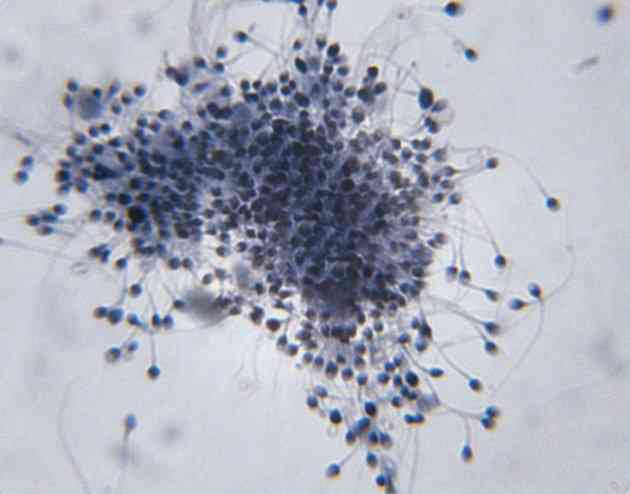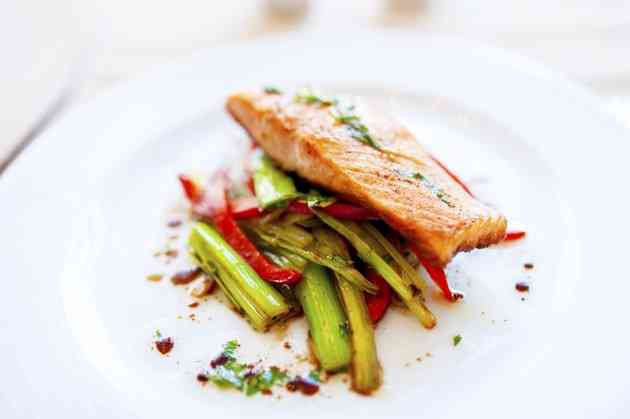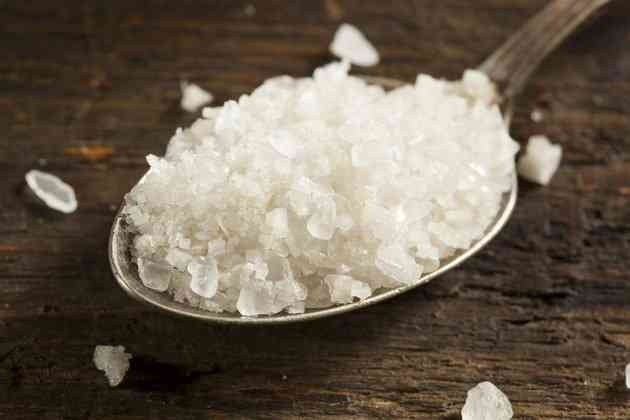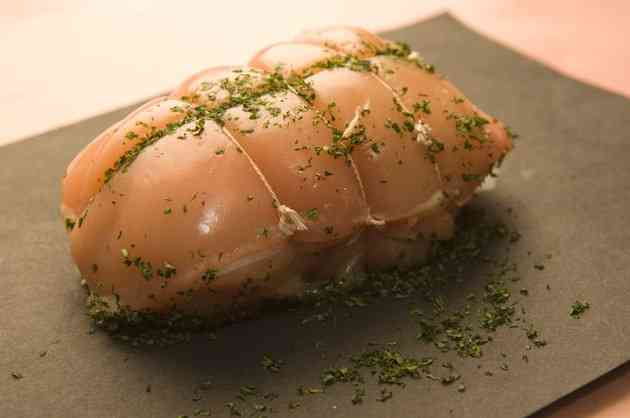Does Eating Protein Increase Sperm?

Protein-rich foods, particularly red meat, have gained a reputation for being "masculine" foods that add to male potency and vitality. However, when it comes to sperm count, volume and motility, not all proteins are advisable. According to the American Dietetic Association, foods in all major food groups that can improve male fertility - making a healthy, varied diet ideal. The association advises that you cut back on processed foods, eat more fresh, whole foods and reduce your intake of alcohol and tobacco. No diet is proven to improve your sperm count, volume or quality; consult your doctor for recommendations specific to your situation.

Recommendations
For men seeking to increase their sperm count and quality, the American Dietetic Association recommends cutting back on meat. In particular, forego red meat for sources of lean protein such as fish, turkey or chicken breast. In addition, the ADA advises that you skip meat entirely at least twice a week, turning instead to vegetable protein sources such as beans, legumes and tofu.
Preparations
Another factor to keep in mind regarding your protein sources is how you prepare them. The ADA notes that it is important to avoid "bad" fats, such as saturated fats, if you want to promote optimum sperm health. This means you should avoid meats that are deep-fried or that are high in trans fats or other types of unhealthy fats.
Soy
Although vegetable sources of protein are generally considered beneficial to sperm health, there has been some question about the role of soy in sperm production. According to a study published in the journal "Human Reproduction," the consumption of soy foods appeared to lower sperm concentration in 99 men from couples with fertility problems. The study found that the men in the highest soy consumption group had 41 million fewer sperm per milliliter than those who didn't eat soy. This inverse relationship between soy and sperm volume was greater in obese men, according to the researchers, who were led by Jorge E. Chavarro of the Harvard School of Public Health. Further studies are needed as of 2010 to confirm these results.
Beneficial Proteins
The BabyZone website notes that you can get some sperm-healthy nutrients, such as zinc and arginine, through dietary proteins. Zinc, for example, is thought to be one of the most powerful nutrients for improving sperm count and motility. Oysters are particularly high in zinc, BabyZone reports; you can also find zinc in poultry, beans, nuts and seeds. Arginine, meanwhile, can be found in nuts. These foods are not scientifically proven, however, as a cure for infertility.
Considerations
BabyZone notes that while positive changes to your diet can only mean good things for your overall health, you shouldn't consider these modifications to be a medical intervention. They are best used prior to seeking more advanced treatments for any potential fertility problems. The website adds that there is nothing to be lost by making these changes, but they may not be sufficient to address your particular issues.




